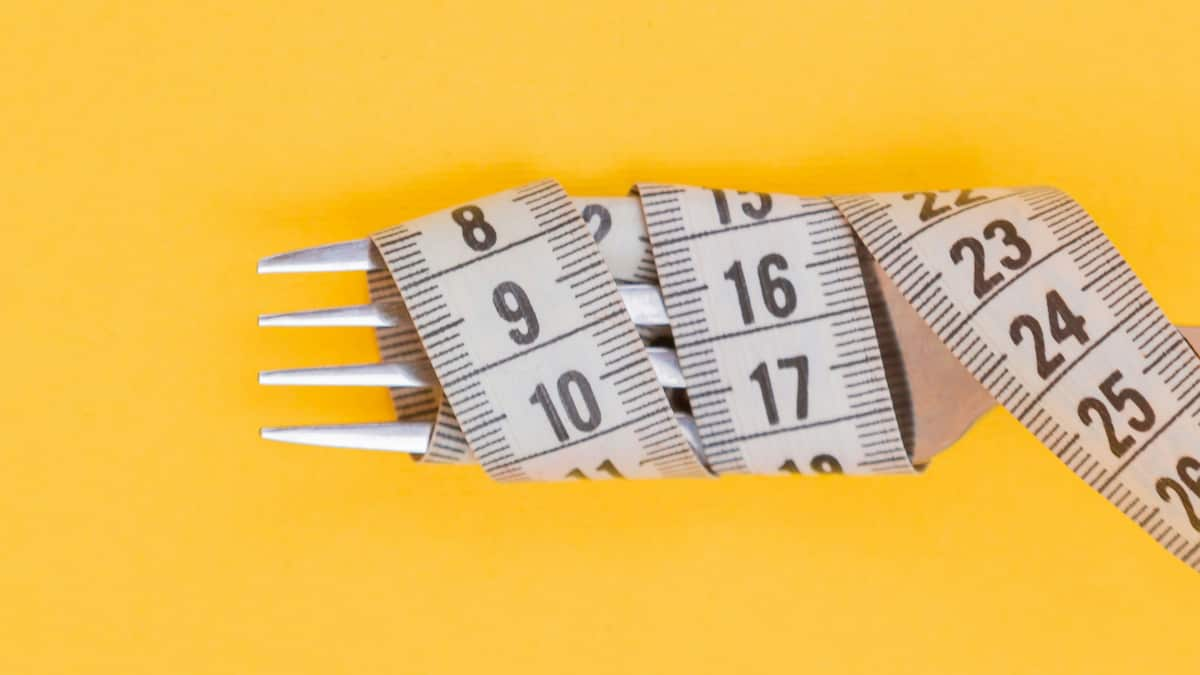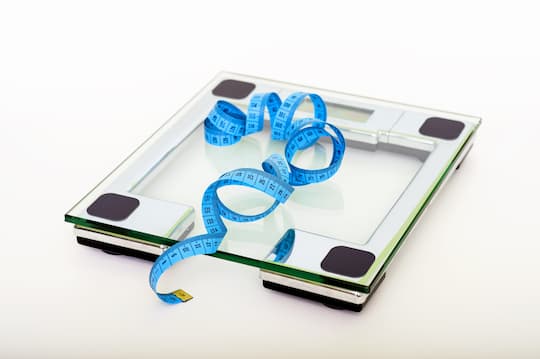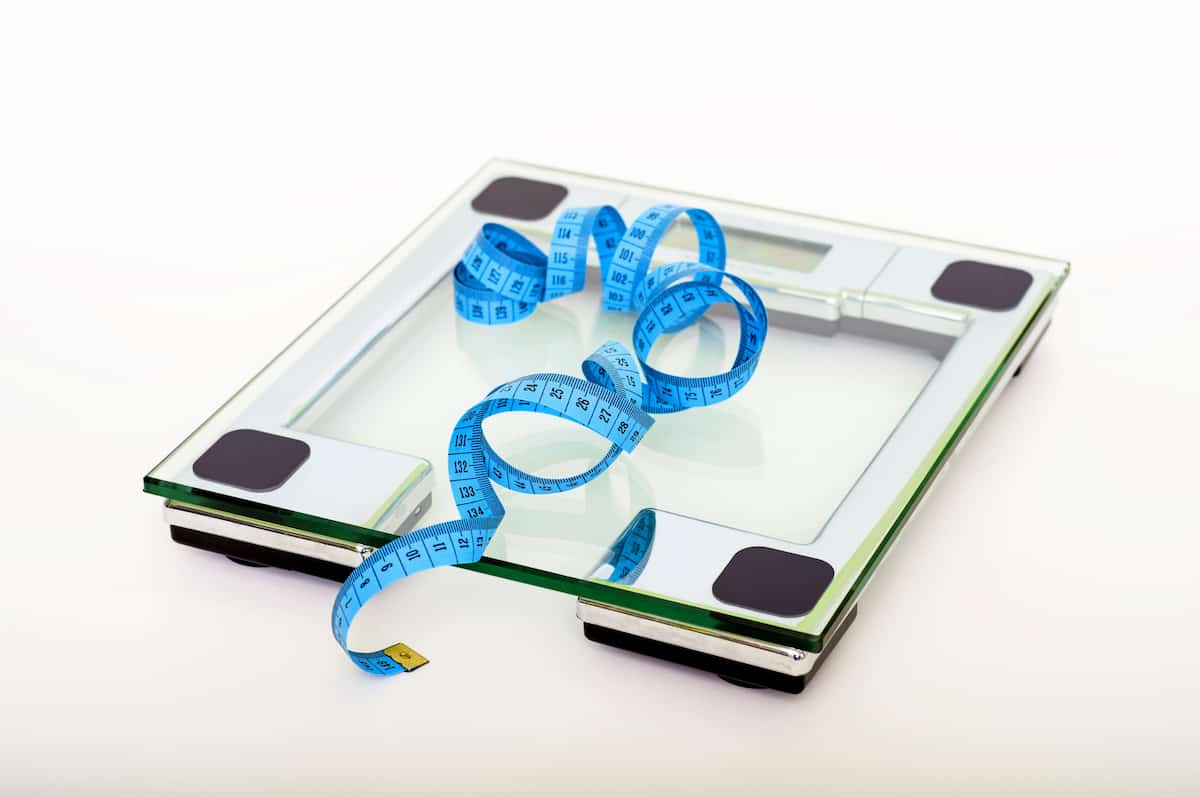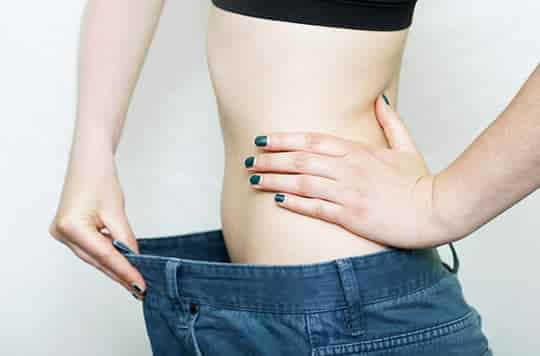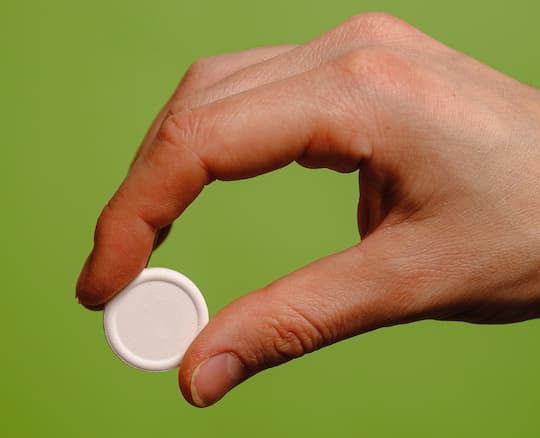This technique helps overcome one of the biggest barriers to weight loss.
People who learn to be less concerned about their weight can triple their weight loss.
The reason is that people with a better body image automatically eat more healthily.
Unfortunately, overweight people often have body image problems.
Worrying about what other people think or how they appear can be a large barrier to weight loss.
Instead, learning to love ones’ body and worrying less about its size has a positive effect.
The study involved 239 overweight women who followed a standard exercise and diet program for a year.
However, half of them were given sessions focused on body image.
They were told how the emotions can influence eating.
For example, negative moods can trigger bouts of eating to feel better, rather than eating to satiate hunger.
This is known as emotional eating.
The women were also encouraged to love their bodies.
The results of the study showed that those who improved their body image had triple the weight loss of the control group.
They lost an average of 7 percent of their body weight.
Dr Pedro Teixeira, study co-author, said:
“Body image problems are very common amongst overweight and obese people, often leading to comfort eating and more rigid eating patterns, and are obstacles to losing weight.
Our results showed a strong correlation between improvements in body image, especially in reducing anxiety about other people’s opinions, and positive changes in eating behavior.
From this we believe that learning to relate to your body in healthier ways is an important aspect of maintaining weight loss and should be addressed in every weight control program.”
The study was published in the International Journal of Behavioral Nutrition and Physical Activity (Carraça et al., 2011).
